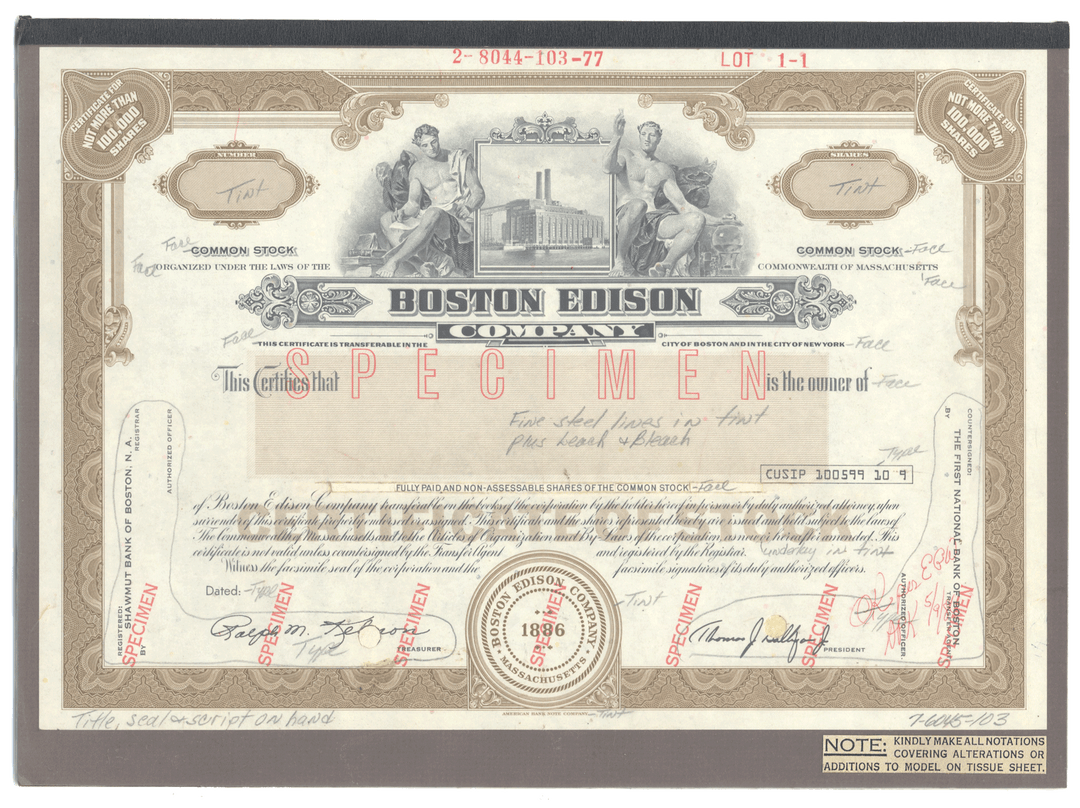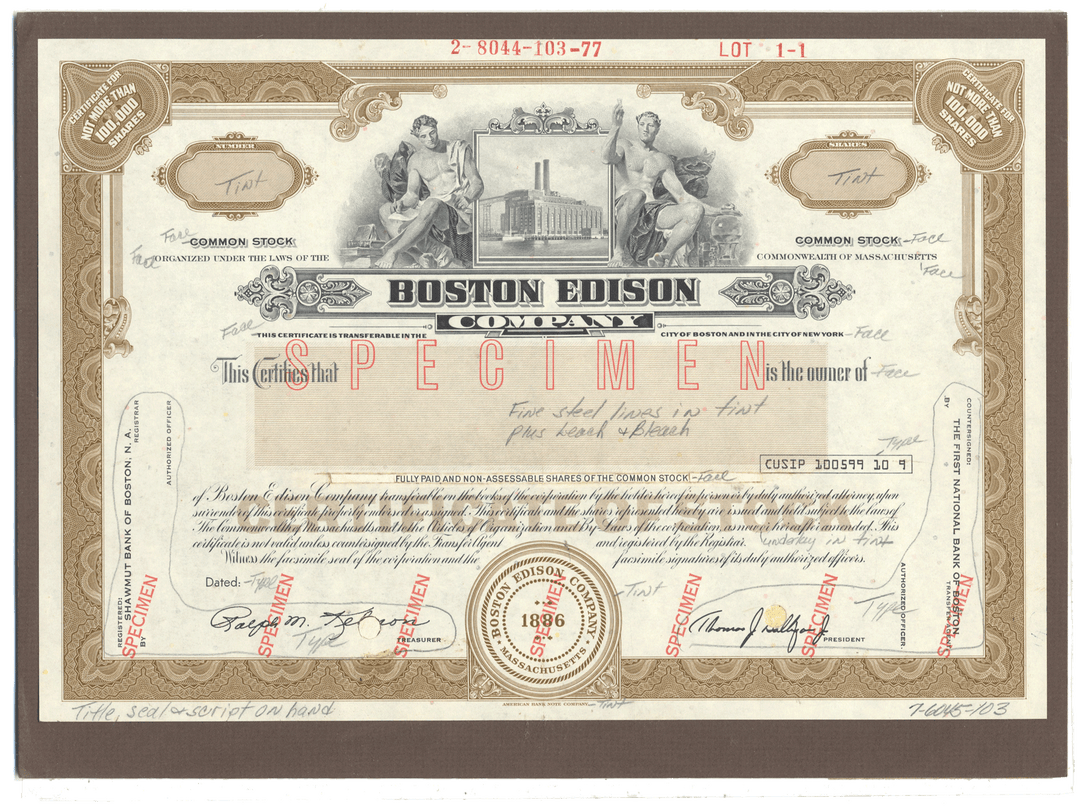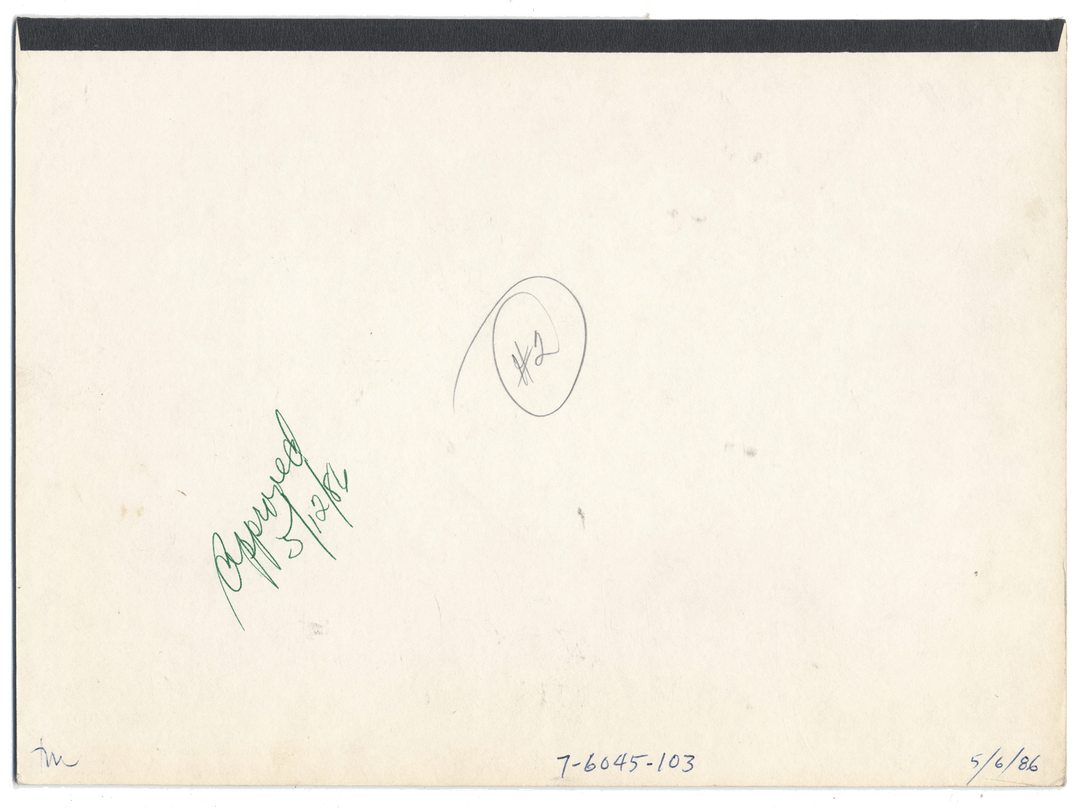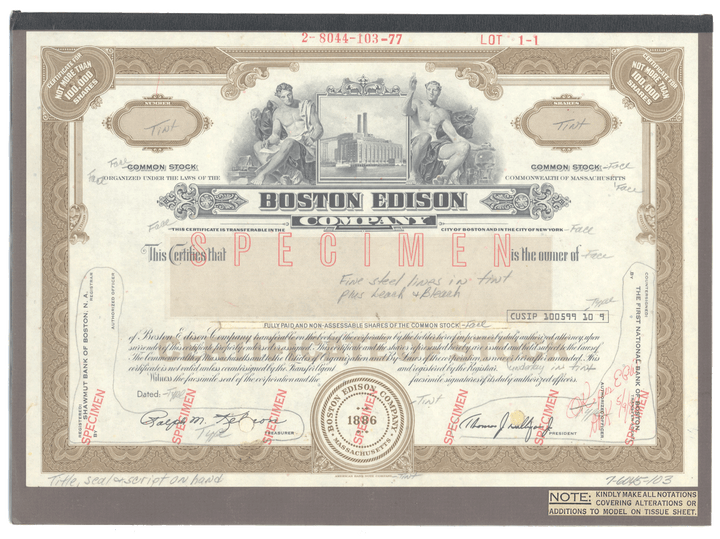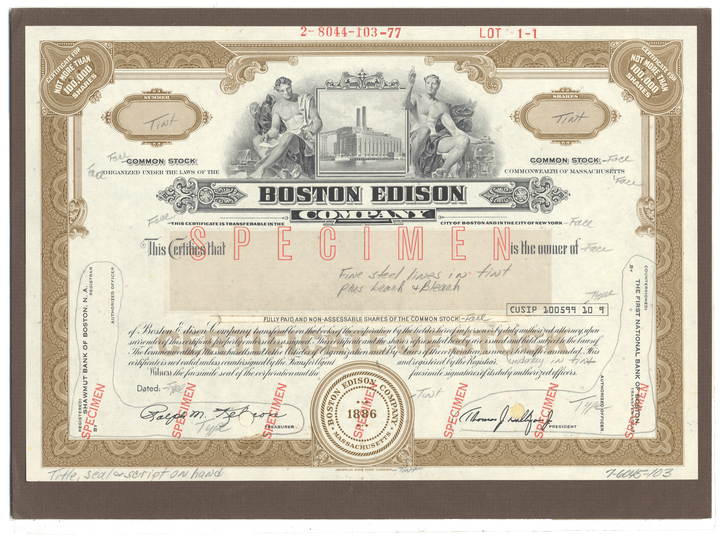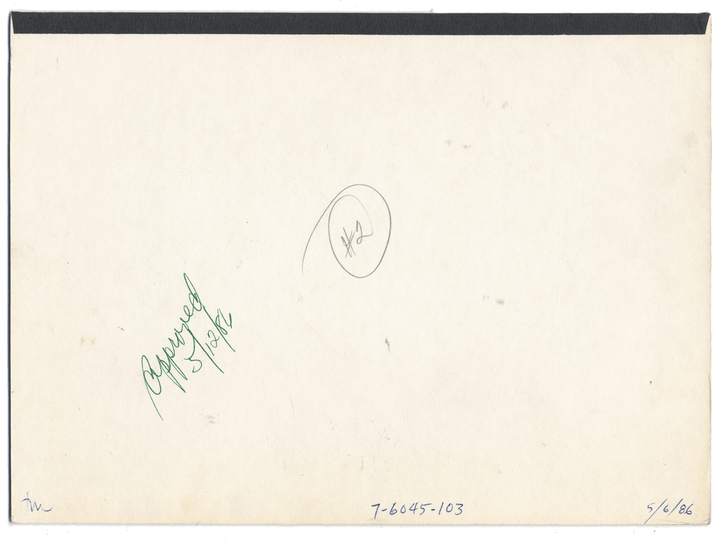Rare BOSTON EDISON Working Proof
- Guaranteed authentic document
- Orders over $100 ship FREE to U. S. addresses
Product Details
Company
Boston Edison Company
Certificate Type
Working Proof of the company's Common Stock
Time Period
1980's
Printer
American Bank Note Company
Format & Approximate Size
This proof is adhered to a thick 12" x 8 1/2" piece of cardboard. The proof is protected by a "flip up" clear protective and editing layer and is adhered to the folder itself.
Images
You will receive the exact proof pictured as it is the only one of it's kind. The first picture shows the proof with the edit layer lying atop the piece. The second picture shows just the proof with the plastic layer lifted out of view. The third picture shows the back of the cardboard with various notations and approvals.
Guaranteed Authentic
Yes
Additional Details
Fascinating piece of financial history from this utility giant!
The Edison Electric Illuminating Company of Boston was established in 1886. From the beginning, the company established a reputation for innovation in its industry, which was itself in its infancy. Among the key figures in the formation of Boston Edison were electric industry pioneers Edward H. Johnson and Henry Villard. Financier J. P. Morgan, who had invested in many of the country's earliest electric operations, was also involved. The company set up its first station in a two-story building that formerly served as a livery stable and tenement house. Early in 1886, Boston Edison began providing electricity for its first customer, the Bijou Theater, which a few years earlier had become the first electrically lighted theater in the United States, using electricity from an isolated power plant.
During the 1890s, Boston Edison vied with another company, Boston Electric Light Co., for dominance in Greater Boston. Negotiations for a merger took place around the turn of the century, but plans for uniting the two companies were shot down by some of Boston Edison's directors, including Edgar. Boston Edison effectively put an end to the territorial battle by purchasing a third rival, Suburban Light and Power Company, in 1901. Boston Electric Light Co. was finally merged into Boston Edison in 1902, and the company became the area's sole provider of electric power.
In 1923 Boston Edison launched its own radio station, WTAT, which it operated out of the back of an REO Speedwagon. WTAT was the first station to be operated by an electric utility company, and may have been the first portable radio station in the United States. The following year, the company added WEEI, a more powerful station which stayed in one place. WEEI became a fixture on New England's radio dials, providing a full range of music, sports, and news programming.
Today, Boston Edison is an operating unit of NStar.
Additional Information
Certificates carry no value on any of today's financial indexes and no transfer of ownership is implied. All items offered are collectible in nature only. So, you can frame them, but you can't cash them in!
All of our pieces are original - we do not sell reproductions. If you ever find out that one of our pieces is not authentic, you may return it for a full refund of the purchase price and any associated shipping charges.





